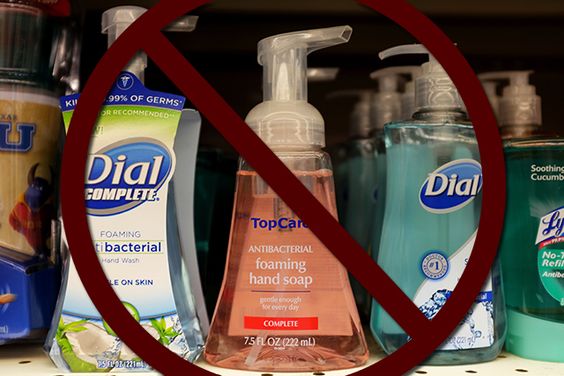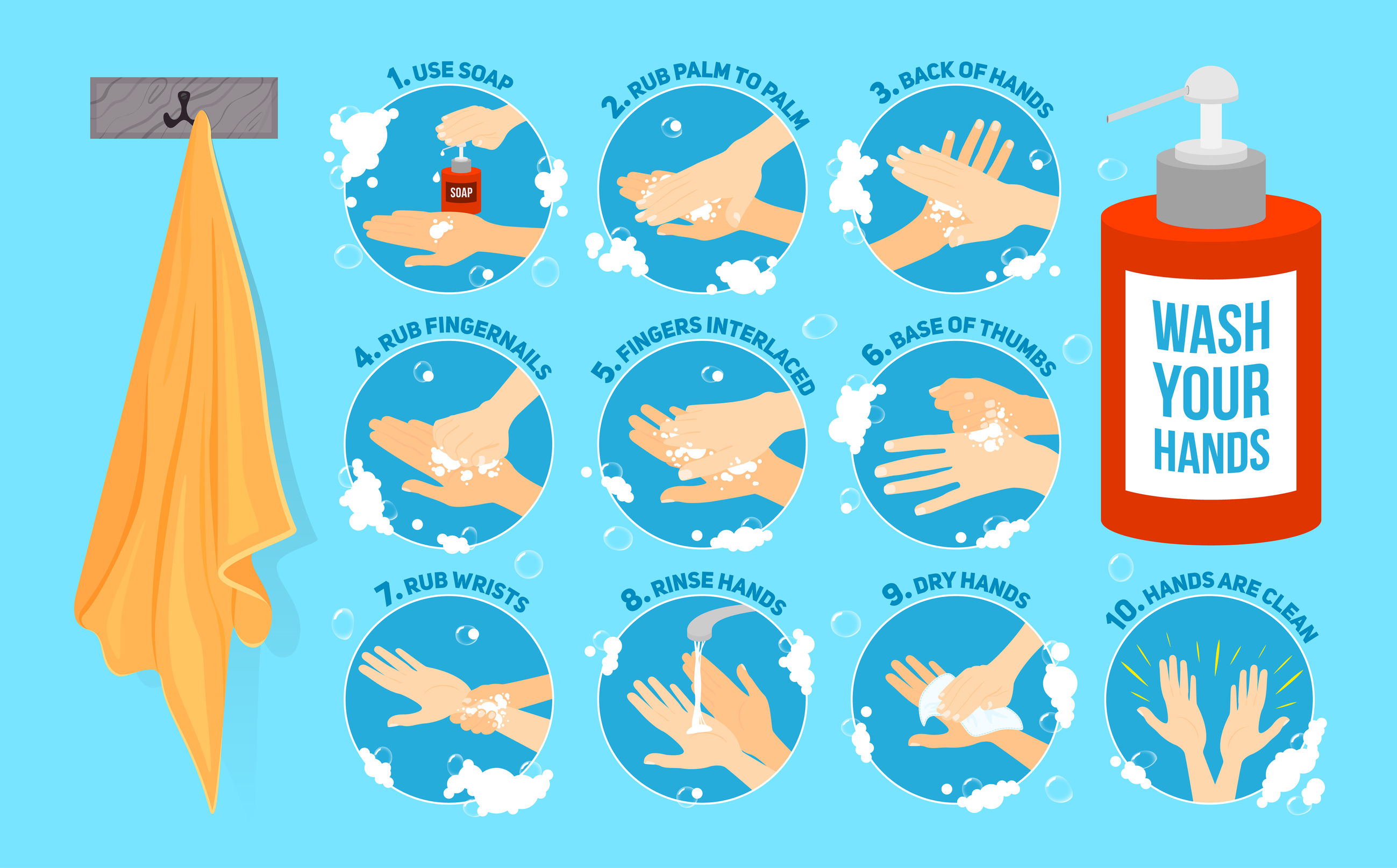With talk of super-germs and serious epidemics like Zika and Ebola still in recent memory, people are usually reluctant to give up anything they think might prevent disease. Of course, it’s natural to be cautious during flu seasons and weary of other widespread sicknesses. However, the jury is finally coming to a decision on soaps labeled and marketed as “antibacterial” or “antiseptic.” That jury is the FDA, and after years of debate, they are finally shutting the door on the marketing of over-the-counter antiseptic soaps.

A statement on their official website reads:
“…There isn’t enough science to show that over-the-counter (OTC) antibacterial soaps are better at preventing illness than washing with plain soap and water. To date, the benefits of using antibacterial hand soap haven’t been proven. In addition, the wide use of these products over a long time has raised the question of potential negative effects on your health.”
Ruling on OTC Antiseptic Soaps | The Basics
Originally proposed in 2015, the FDA’s ruling on OTC antiseptic soaps is specifically targeting soaps made with triclosan, stating that makers of these products “will have one year to comply with this final rule by reformulating or removing their products from the market.”
Otherwise, products containing the following common ingredients are getting a pass for now:
- Ethanol
- Propanol
- Povidone-iodine
- Benzalkonium chloride
- Benzethonium chloride
- Chloroxylenol (PCMX)
Currently, triclosan is one of the 24 ingredients sold in these products. However, the FDA ruling on OTC antiseptic soaps overlooks others still on store shelves. For allied health professionals, maintaining sanitary conditions and educating patients on these best practices is important to preventing disease. There there are lots of concerns over antibacterial overuse and the rise of drug-resistant bacteria. Let’s explore some ways allied health pros can prevent the spread of germs despite the ruling on OTC antiseptic soaps:

Search for Allied Health Jobs and Apply Today!
1. Be mindful of Close Contact
While this is part of an allied health specialty’s job description, paying attention to close contact limits the spread of germs. If you are required to assist patients in close quarters as a physical therapist or occupational therapist, you may want to consider using gloves. Not only will this help reduce contracting harmful bacteria personally, but disposing of the gloves will limit exposing others. A common practice in countries like Japan is the wearing of surgical masks when sick to avoid spreading germs!
2. Wash your Hands Often
Considering that the recent ruling on OTC antiseptic soaps has brought to light issues with these products, the real value of washing your hands is doing so often and mindfully. You won’t necessarily need to use powerful antibacterial soaps as long as you consistently wash your hands with normal soap and warm water for at least 20 seconds. For more distinct tips on when and how to effectively wash your hands check out this resource from the CDC.
3. Avoid Touching Your Eyes, Nose, Mouth
While working with people who are ill, note that germs easily enter the body through the eyes, nose, and mouth. Again, being mindful not to transfer bacteria to your own self is important when avoiding spreading germs. Most of the time we spread germs unconsciously. Practicing awareness of when it’s appropriate to avoid touching your face is key and good to pass on to patients.
So, despite the FDA’s ruling on OTC antiseptic soaps, it’s important to remember the basic ways we can limit the spread of germs every day. Keep in mind that there are still lots of these antiseptic soaps on the market, and they are not likely to disappear completely.
What are your thoughts on the ruling on OTC antiseptic soaps? Let us know in the comments below!
